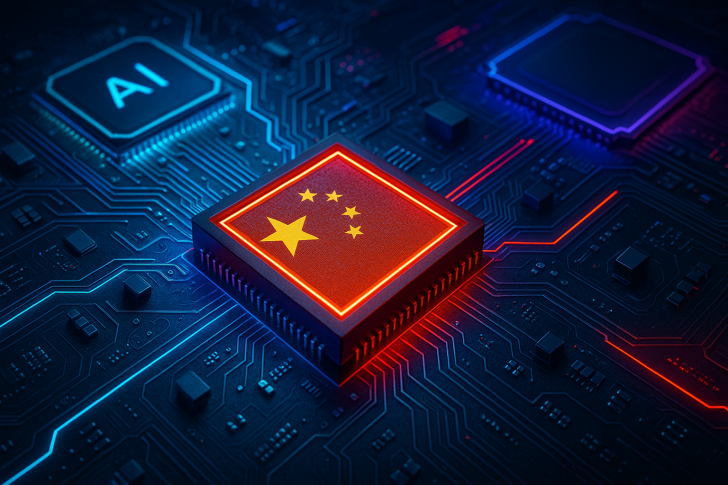● Beijing has issued a sweeping directive requiring all new state-funded data centers to use exclusively domestic AI chips. Any project that's less than 30% complete must remove already-installed foreign chips or cancel pending orders. This effectively shuts out Nvidia, AMD, and Intel from state-backed AI infrastructure projects.
● The ban is comprehensive—it even covers Nvidia's H20, the only model the company could legally sell to China under U.S. export restrictions. Models like the B200 and H200, which sometimes entered through grey channels, are now completely banned from state projects. The timing is notable: Washington just reconfirmed that China can't access Nvidia's latest Blackwell GPUs.
● This creates an enormous captive market overnight. China has poured over $100 billion into AI data centers since 2021, and now all that money must flow to domestic players like Huawei, Cambricon, MetaX, Moore Threads, and Enflame. But the transition won't be smooth—most Chinese developers are deeply embedded in Nvidia's CUDA ecosystem, so porting models and rebuilding workflows will slow things down and drive up costs.
● Rohan Paul notes that Nvidia's market share in China has cratered from 95% in 2022 to essentially zero by November 2025. Losing state-funded projects eliminates their last major growth opportunity in the country. Meanwhile, this widens the compute gap with the U.S., where hyperscalers continue deploying hundreds of thousands of cutting-edge accelerators while China must scale up domestic chip production under strict tooling sanctions.
● The policy comes as both China and the U.S. consider new tax proposals that could further reshape global semiconductor supply chains—adding even more pressure on an already fragmented industry.
 Saad Ullah
Saad Ullah

 Saad Ullah
Saad Ullah


